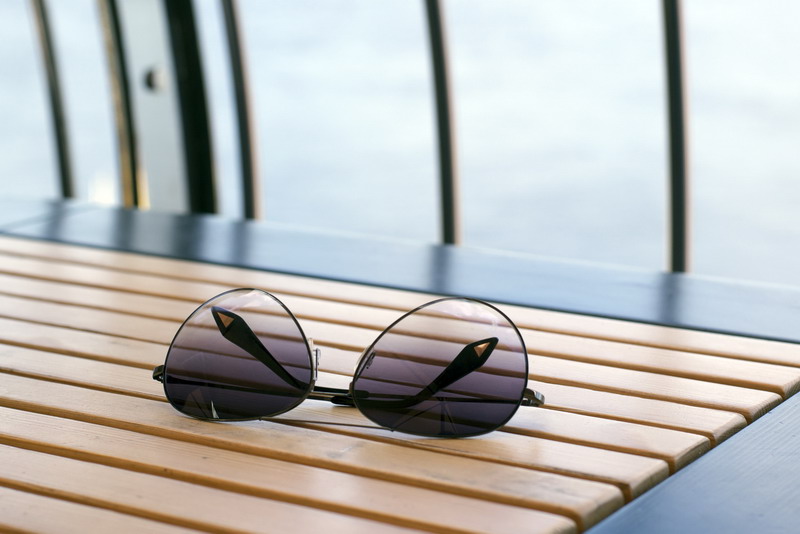Another View About the Necessity of Sunglasses
When is it appropriate to wear sunglasses? That depends on who you ask. There are some people who insist you should never wear them indoors or at night. Others say there is no right or wrong time for a good pair of shades. But medically speaking, should we be wearing our sunglasses more or less often than we do?
A quick internet search reveals a common line of thinking that suggests sunglasses are necessary whenever going outdoors during daylight hours. In fact, the American Optometric Association (AOA) says as much on their website. They claim that the potential harm of UV rays is significant enough that we shouldn’t take any chances. The AOA is not alone.
A 2016 article published by the Daily Mail warned UK citizens to wear their sunglasses outdoors even on cloudy days. The well-known British newspaper interviewed a number of optometrists who essentially echoed the AOA position. So the consensus seems to be that sunglasses are necessary during the day, whenever we’re planning to go out.
Dr. Joseph Mercola, a well-known family medicine physician, author, and public speaker, doesn’t go along with the consensus. Mercola advocates wearing sunglasses when doing things like downhill skiing and fishing as a way of protecting the eyes from damaging glare. But in most other circumstances, Mercola suggests leaving the sunglasses at home and taking a brimmed hat instead. He wrote a rather extensive piece in 2013 to explain his position.
An All or Nothing Proposition
As Mercola sees it, modern sunglasses are an all or nothing proposition. A good pair of sunglasses offers 100% UV protection as well as effective filtering of direct sunlight. He acknowledges that this is good. But Dr. Mercola is also concerned that modern sunglasses filter out some parts of the light spectrum that both the eyes and brain use to their advantage.
Mercola explained that the body requires natural light to maintain good health. He cited the hypothalamus, a portion of the human brain that controls a myriad of different things, as one example. According to Mercola, some portions of the light spectrum go right to the hypothalamus to contribute to regulating mood, hunger and thirst, hormone production, body temperature, and more. He suggested blocking out natural sunlight too often can negatively impact the hypothalamus.
To bolster his point, Mercola reminds readers of the well-known fact that there are some people who tend to suffer during the winter months due to reduced exposure to sunlight. Without enough of the light spectrum reaching the hypothalamus, people can suffer from fatigue, depression, tension, anxiety, and headaches. He makes a good point.
If You Do Buy Sunglasses
Dr. Mercola acknowledged in his piece that there are some pairs of sunglasses that are better than others. He recommended buying products that block 100% of UV rays – this means a rating of 400 – and avoiding products that are sold as polarized glasses or ‘sunware’ without UV protection.
Olympic Eyewear, a designer and manufacturer of wholesale sunglasses for retailers, concurs with that advice. UV protection is the number one consideration when buying sunglasses. If a pair of shades doesn’t offer full UV protection, it does not offer protection against the most powerful rays of the sun.
Could it be that we don’t have to wear our sunglasses as often as some say we should? There is no definitive answer at this time. So perhaps we should heed Dr. Mercola’s advice and let our bodies’ make the decision for us. If the sun bothers your eyes, put on a pair of shades. Otherwise, you might not need them.




